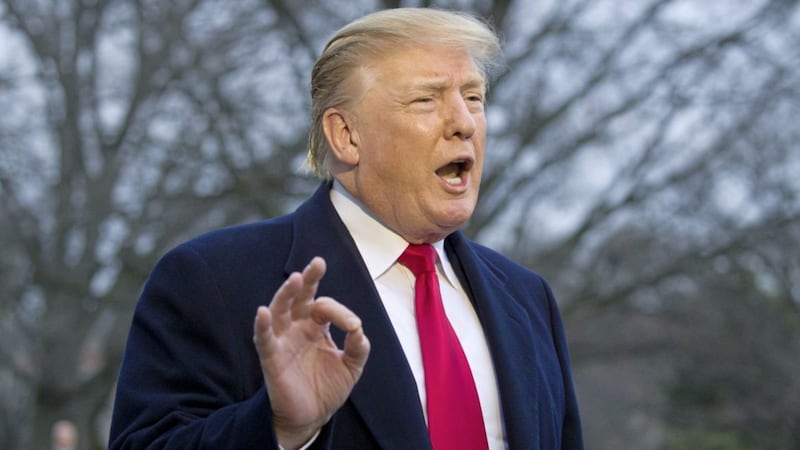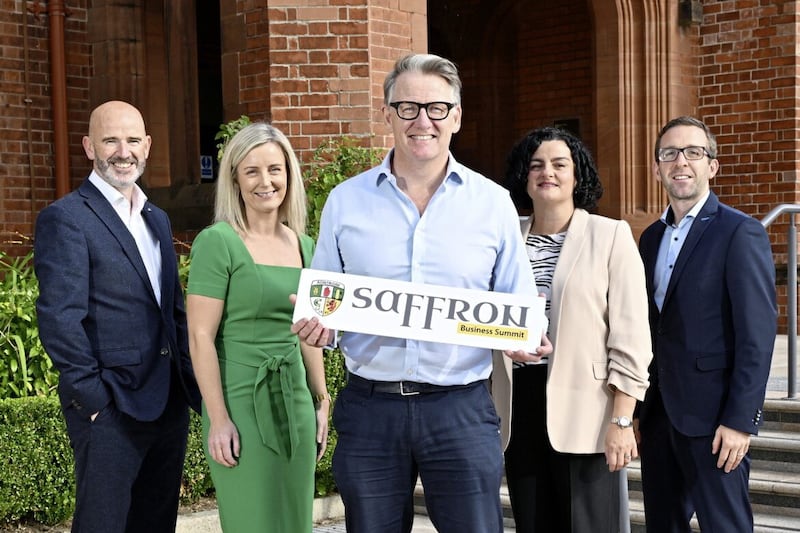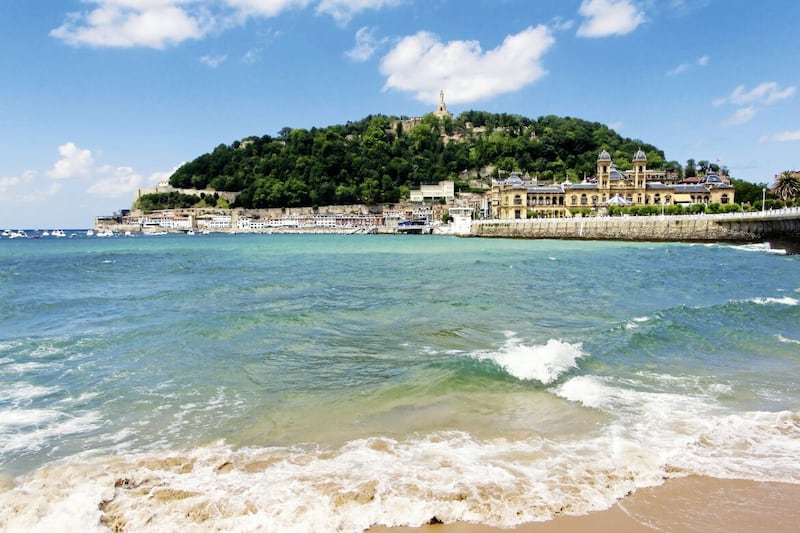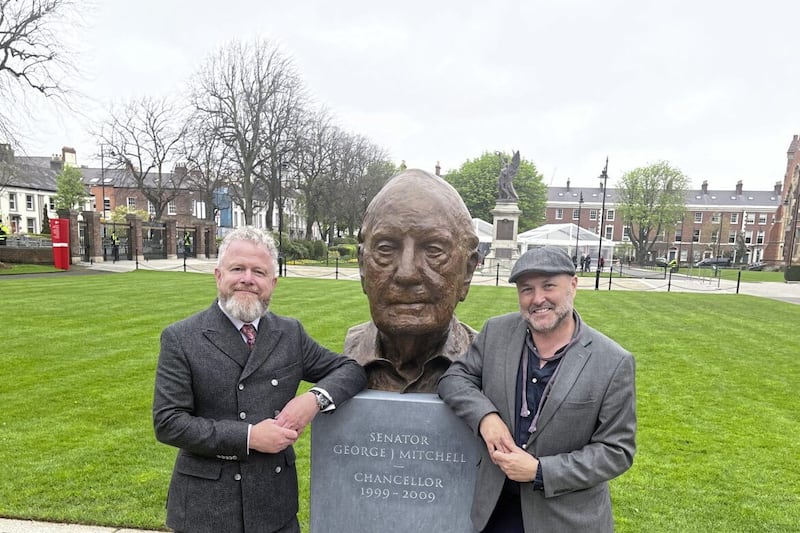ON a quarterly basis, I try to get our whole company together, now twenty-two full time people, to report on the previous quarter’s performance, look forward to the next quarter and go over any other issues: training; marketing; business development etc. At the start of the new financial year, we do a larger meeting which reports on the full year’s financial results and each of the six sub-businesses inside the company set their targets for the year. That meeting was last Tuesday.
Overall, I thought it was positive. We showed some decent growth last year, albeit that included the first full year of the absorption of another PR company which we acquired at the end of 2017. Our costs rose as a result of that also. So, some of the big challenges for the year ahead are to sustain the revenue growth (without doing it by acquisition) and managing costs better. I presented the financials for 2018/19 and did a SWOT (Strengths/Weaknesses/Opportunities/Threats) analysis of the year as I saw it. I’ll not get into the detail here but given we do a fair bit of work which interacts with government and the public sector, one of the clear threats identified was both the lack of devolved government here and ‘Brexit’.
Readers of this column over the years will know of my almost messianic enthusiasm for the writer Michael Lewis, author of classics like: The Big Short; Moneyball and his original breakthrough book about Wall Street, Liar’s Poker. Lewis is in my top three, alongside Malcolm Gladwell and Robert Harris (everybody loves a list these days, or ‘listicle’ in social media parlance). I was given Lewis’ latest book by one of my closest friends at Christmas, it’s called The Fifth Risk and it’s an outstanding analysis of the value of America’s federal government departments and the extremely dangerous way they have been treated by Donald Trump.
The book introduces a fascinating cast of people, all extremely bright and all called to public service with the general mission of using federal resources to make America a better, safer and more efficient place. In the past and according to the law, incoming Presidents and indeed the two leading candidates before the election spend months preparing transition teams and learning the ropes of the federal government so that the six hundred or so political appointees that need to be put in place, post-inauguration, can hit the ground running. About three months before the election, Trump cancelled his entire transition process because he found out what it was costing. It simply didn’t happen. The inauguration took place and none of the transition that should have been ready to go occurred.
Lewis uses the book to highlight the good work of the departments and the incredible level of information coming through which makes American work better but what the book really does is assess the risk of not doing things.
I recommend the book very highly so I’ll not spoil it here, but the first person of note identified in it is the chief risk officer at the Department of Energy (DOE), John MacWilliams. The DOE amongst many other things, deals with all things nuclear, which in America is a very big job. MacWilliams identifies familiar risks like nuclear explosion, waste leaks, North Korea etc, but the really interesting one described as ‘the risk we should most fear is not the risk we easily imagine. It is the risk we don’t.’ Another way to think of this is ‘the risk a society runs when it falls into the habit or responding to long-term risks with short term solutions’. This, plus a deliberate and comprehensive approach of complete ignorance is what Lewis successfully shows Trump is doing in America.
Probably needless to say, it reminds me of what is going on here and in British politics in relation to Brexit, wilful ignorance of the consequences of actions in order to fit with an extremely narrow world view. In the case of the DUP, it’s the union at all costs; and in the case of the Rees-Mogg, Boris and that cohort, it’s departure from the EU at all costs. Both approaches are creating havoc for the people of these islands and have the potential to do real long-term damage.
Later in the book, in talking about the amazing weather prediction services contained within the National Oceanic and Atmospheric Administration (NOAA), which takes up $5bn of the $9bn budget of the Department of Commerce, we learn of the serious consequences of communities who don’t heed weather warnings. For instance, those that have experienced tornados previously respond more quickly and save themselves far more readily than those who haven’t.
Again, there are some fascinating insights into what NOAA is doing to change people’s behaviour in that regard. Once again though, that led me to think about Brexit and my own company’s exposure to a risk I just don’t have any experience with. Am I doing enough? Are we as a business community doing enough? And are our elected representatives doing enough to protect us from those risks? I fear the answer to all of those questions is no. And since I write this on April 1 I wonder, unfortunately, are we all being April fools? I hope not, but I have to stay, in my experience, hope is a not a very successful business strategy.
:: Paul McErlean (paul @mcepublicrelations.com) is managing director of MCE Public Relations Ltd
:: Next week: Brendan Mulgrew







